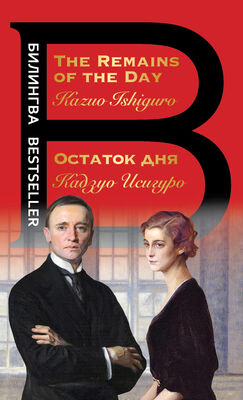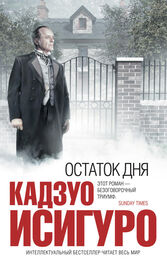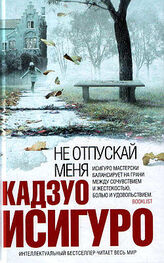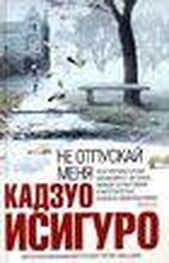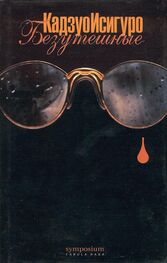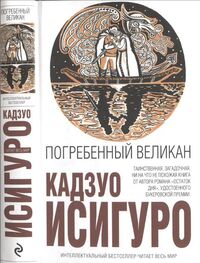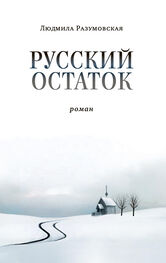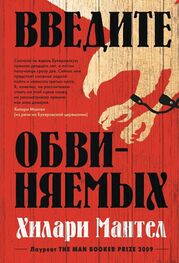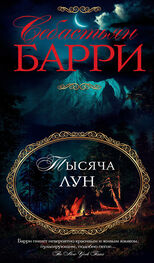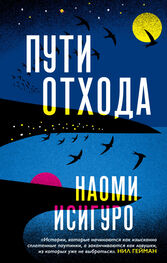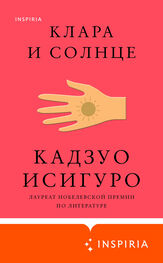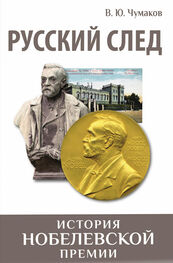‘Let him sleep. It’s exhaustion that’s made him ill.’
‘He said I had to, sir,’ the girl said, and again shook my father’s shoulder.
My father opened his eyes, turned his head a little on the pillow, and looked at me.
‘I hope Father is feeling better now,’ I said.
He went on gazing at me for a moment, then asked:
‘Everything in hand downstairs?’
The situation is rather volatile. It is just after six o’clock, so Father can well imagine the atmosphere in the kitchen at this moment.’
An impatient look crossed my father’s face.
‘But is everything in hand?’ he said again.
‘Yes, I dare say you can rest assured on that. I’m very glad Father is feeling better.’
With some deliberation, he withdrew his arms from under the bedclothes and gazed tiredly at the backs of his hands. He continued to do this for some time.
‘I’m glad Father is feeling so much better,’ I said again eventually. ‘Now really, I’d best be getting back. As I say, the situation is rather volatile.’
He went on looking at his hands for a moment. Then he said slowly:
‘I hope I’ve been a good father to you.’
I laughed a little and said:
‘I’m so glad you’re feeling better now.’
‘I’m proud of you. A good son. I hope I’ve been a good father to you. I suppose I haven’t.’
‘I’m afraid we’re extremely busy now, but we can talk again in the morning.’
My father was still looking at his hands as though he were faintly irritated by them.
‘I’m so glad you’re feeling better now,’ I said again and took my leave.
On descending, I found the kitchen on the brink of pandemonium, and in general, an extremely tense atmosphere amongst all levels of staff. However, I am pleased to recall that by the time dinner was served an hour or so later, nothing but efficiency and professional calm was exhibited on the part of my team.
It is always something of a memorable sight to see that magnificent banqueting hall employed to its full capacity and that evening was no exception. Of course, the effect produced by unbroken lines of gentlemen in evening suits, so outnumbering representatives of the fairer sex, was a rather severe one; but then again, in those days, the two large chandeliers that hang over the table still ran on gas – resulting in a subtle, quite soft light pervading the room – and did not produce the dazzling brightness they have done ever since their electrification. On that second and final dinner of the conference – most guests were expected to disperse after lunch the following day – the company had lost much of the reserve that had been noticeable throughout the previous days. Not only was the conversation flowing more freely and loudly, we found ourselves serving out wine at a conspicuously increased rate. At the close of dinner, which from a professional viewpoint had been executed without any significant difficulties, his lordship rose to address his guests.
He opened by expressing his gratitude to all present that the discussions during the previous two days, ‘though at times exhilaratingly frank’, had been conducted in a spirit of friendship and the desire to see good prevail. The unity witnessed over the two days had been greater than he could ever have hoped for, and the remaining morning’s session of ‘rounding up’ would, he trusted, be rich in commitments on the part of participants concerning action each would be taking before the important international conference in Switzerland. It was around this point – and I have no idea if he had planned to do so beforehand – that his lordship began to reminisce about his late friend, Herr Karl-Heinz Bremann. This was a little unfortunate, the topic being one close to his lordship’s heart and one he was inclined to explicate at some length. It should also be said, perhaps, that Lord Darlington was never what might be called a natural public speaker, and soon all those small sounds of restlessness that betray that an audience’s attention has been lost grew steadily around the room. Indeed, by the time Lord Darlington had finally come round to bidding his guests rise and drink to ‘peace and justice in Europe’, the level of such noises – perhaps on account of the liberal amounts of wine that had been consumed – struck me as bordering on the ill-mannered.
The company had seated themselves again, and conversation was just beginning to resume, when there came an authoritative rapping of knuckles upon wood and M. Dupont had risen to his feet. At once, a hush fell over the room. The distinguished gentleman glanced around the table with a look almost of severity. Then he said:
‘I hope I am not trespassing over a duty ascribed to someone else present here, but then I had heard no proposals for anyone to give a toast in thanks to our host, the most honourable and kind Lord Darlington.’
There was a murmur of approval. M. Dupont went on:
‘Many things of interest have been said in this house over the past days. Many important things.’
He paused, and there was now utter stillness in the room.
‘There has been much,’ he continued, ‘which has implicitly or otherwise criticized – it is not so strong a word – criticized the foreign policy of my country.’ He paused again, looking rather stern. One might even have thought him to be angry. ‘We have heard in these two days several thorough and intelligent analyses of the present very complex situation in Europe. But none of them, may I say, has fully comprehended the reasons for the attitude France has adopted towards her neighbour. However’ – he raised a finger – ‘this is not the time to enter into such debates.
In fact, I deliberately refrained from entering into such debates during these past days because I came principally to listen. And let me say now that I have been impressed by certain of the arguments I have heard here. But how impressed, you may be asking.’ M. Dupont took another pause during which his gaze travelled in an almost leisurely manner around all the faces fixed upon him. Then at last he said: ‘Gentlemen – and ladies, pardon me – I have given much thought to these matters and I wish to say here in confidence to you, that while there remain between myself and many of those present differences of interpretation as to what is really occurring in Europe at this moment, despite this, as to the main points that have been raised in this house, I am convinced, gentlemen, convinced both of their justice and their practicality.’
A murmur which seemed to contain both relief and triumph went around the table, but this time M. Dupont raised his voice slightly and pronounced over it:
‘I am happy to assure you all here that I will bring what modest influence I have to encourage certain changes of emphasis in French policy in accordance with much of what has been said here. And I will endeavour to do so in good time for the Swiss conference.’
There was a ripple of applause, and I saw his lordship exchange a look with Sir David. M. Dupont held up his hand, though whether to acknowledge the applause or to stem it was not clear.
‘But before I go on to thank our host, Lord Darlington, I have some small thing I would wish to remove from my chest. Some of you may say it is not good manners to be removing such things from one’s chest at the dinner table.’ This brought enthusiastic laughter. ‘However, I am for frankness in these matters. Just as there is an imperative to express gratitude formally and publicly to Lord Darlington, who has brought us here and made possible this present spirit of unity and goodwill, there is, I believe, an imperative to openly condemn any who come here to abuse the hospitality of the host, and to spend his energies solely in trying to sow discontent and suspicion. Such persons are not only socially repugnant, in the climate of our present day they are extremely dangerous.’
Читать дальше
